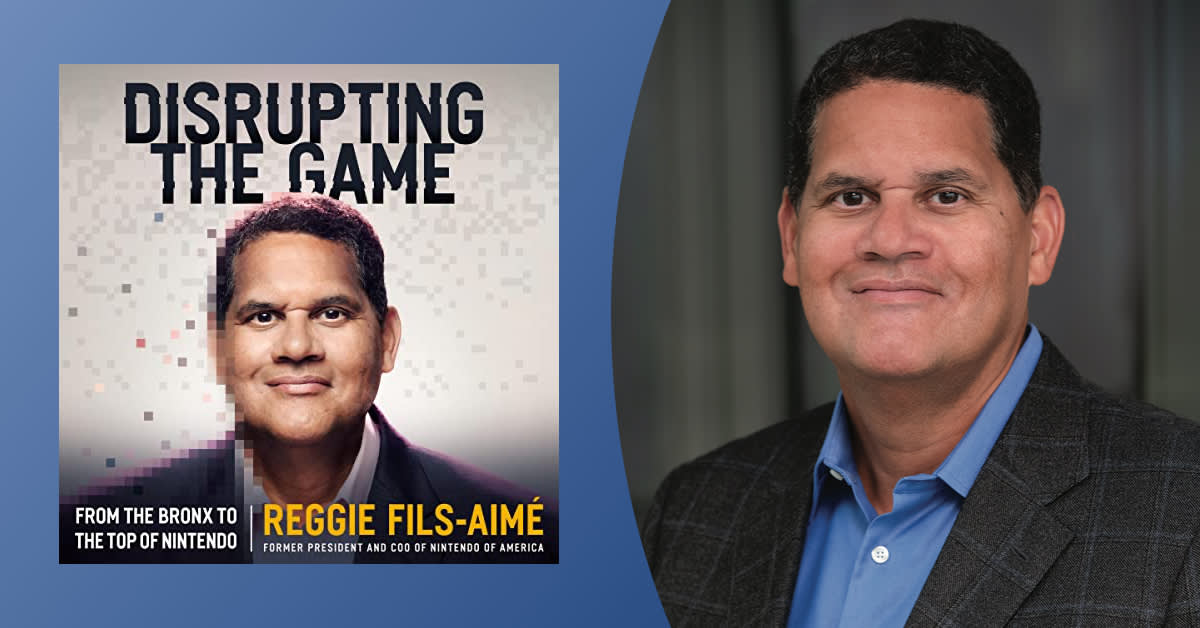Like many children of immigrants, growing up I thought I had to become a doctor, engineer, lawyer, or the next Diane Sawyer to be successful (Okay, maybe that last one was just me). Although I’ve always excelled in writing, I hesitated in telling my father—after I had already taken the LSAT—that I would be pursuing a career in publishing instead of applying to law school.
In a voice that was one part disappointment mixed with two parts fear, he said, “What are you going to do with books? You cannot make money doing what you love.”
Flash forward nearly a decade later through a challenging, surprising, and rewarding editorial career, and I’m happy to say my parents are proud of me (that’s +1 point for my fellow first-gens keeping score at home), but I still struggle with accepting that I’ve actually earned my accomplishments.
I’m not alone; impostor syndrome is the self-defeating belief that you can never be good enough, or that luck—not effort—is responsible for your success. It can affect anyone, though it's especially pernicious among those of us with marginalized identities such as women, people of color, and LGBTQIA+ folks. It can also be self-perpetuating, as believing yourself to be less than qualified can inspire you to work harder and then be rewarded for your efforts. Even the word itself, which is variously spelled "impostor" and "imposter" (both are correct!), seems to inspire second-guessing.
Through career coaching and some helpful listens, I’m learning to undo this unhelpful way of thinking. If you can relate to any part of my story, I hope you’ll listen along with me to expert advice on how to take credit for your accomplishments, build confidence, and create the career you deserve.
Understanding impostor syndrome is the first step toward overcoming it. Dr. Sandi Mann helps us understand the why behind the nagging—but untrue—belief that you’re not good enough. In just eight chapters, Mann unpacks why accomplished people have the tendency to doubt their abilities, how society contributes to impostor syndrome, and how to grow your confidence at work and in life. Start here.
While impostor syndrome can be a debilitating issue, you are not the only one holding yourself back—there are often other forces in the workplace that can cost you the career you deserve. Passed over for an exciting project? Boss only assigning you busy work? Can’t seem to get a seat at the table? As a Black man, Alan Henry has experienced all of this and more in his 20-year career as a writer for publications such as The New York Times, Lifehacker, and Wired. In Seen, Heard, and Paid, Henry draws from lessons learned throughout his career and from interviews with accomplished experts to provide the tools for all marginalized workers to get ahead. By addressing how we deserve to be treated at work, Henry is creating a roadmap to success for people of color, women, and LGBTQIA+ employees.
Another reason among many why impostor syndrome is so prevalent is the overwhelming societal expectation that we need to have it all figured out in our 20s. Even if you are on your way to success, ageism can convince otherwise talented people that they’ve already missed their chance to be truly great. In Late Bloomers, you’ll discover stories about those who had later-in-life breakthroughs, and why the only schedule you need to follow is your own.
Impostor syndrome has a sneaky way of making you think that you’ll always feel like a fraud and that there’s nothing you can do to feel confident. Whenever you need someone to tell you exactly what to do, motivational powerhouse Mel Robbins is there. In this aptly titled Audible Original podcast, Robbins provides solutions to the common issues preventing us from succeeding. Check out Episode 8: Build Unstoppable Confidence for a quick and effective lesson in boosting self-esteem in just a few steps.















